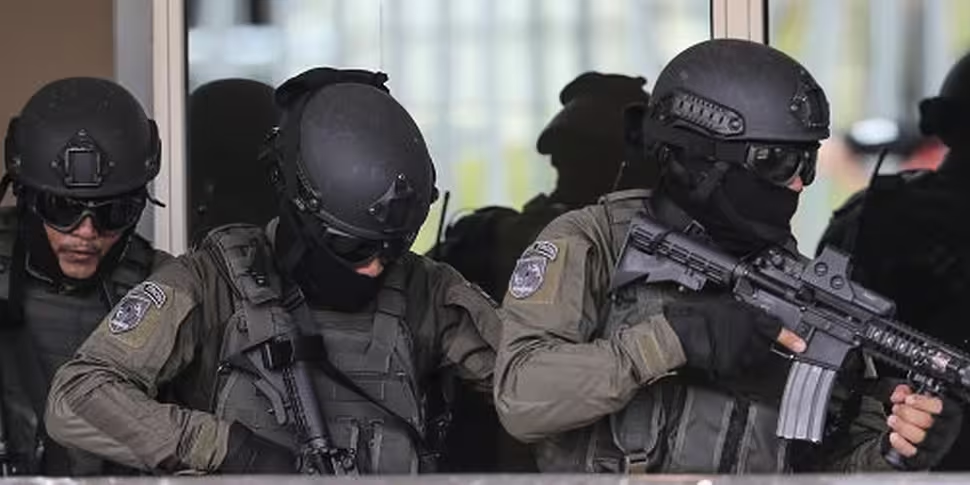London, Paris, Berlin, Nice and Manchester - just some of the terror attacks that have hit Europe in recent times.
The Manchester attack has again catapulted terrorism to the top of the news agenda and our social media feeds.
With all the uncertainty and unpredictability, should parents be explaining terrorism to their children?
Dr Malie Coyne is a clinical psychologist and lecturer in clinical psychology at NUI Galway.
She told Newstalk Breakfast it depends on what age the child is.
"I think the first thing is to get a sense of what your child actually knows about the event.
"If they don't know anything about the event and they're quite young - preschooler or maybe junior infant - then there's no need to actually say anything about it.
"I wouldn't bring it up if they know nothing about it - so I would try and get a sense of what your child knows."
"If they're a little bit older, the likelihood is they would have heard it - maybe in the school playground or maybe it's been talked about in class.
"And then older kids, I suppose with social media, they'll have seen images and heard like that.
"I think you have to pitch your response to what your child actually knows about it".
"Shift the focus away from something bad"
Dr Coyne says it is all about reassurance.
"The first thing that you can offer to any child - be they preschooler, middle-school or a teenager - is to offer them reassurance that they're safe, that your family is safe, that this is an extremely rare event that's unlikely to happen in Ireland.
"And to shift the focus away from something bad that happened to a sense of safety - that really is the utmost, important thing to do."
"Once you know what they know about the event... offer them a really honest and simple explanation about what happened.
"The language you use is important, and it'll really depend on your adapting your explanation depending on their age.
"I'd let kids share worries and fears with you, and to take their distress very seriously... and not to brush it off and say 'It'll be fine' and avoid the conversation".
"I wouldn't dwell necessarily on the events or bombard them with questions of 'Do you want to talk about it again, isn't that terrible?'
"Kids will come back to you if they have more questions".
And Dr Coyne says there is an argument for restrictions on what children are exposed to.
"I would say, particularly for kids that are sensitive... during a time like this limit their exposure to violent films, TV programmes, the news broadcastings, be careful of your teenagers who more access to social media for what they would be looking at".









